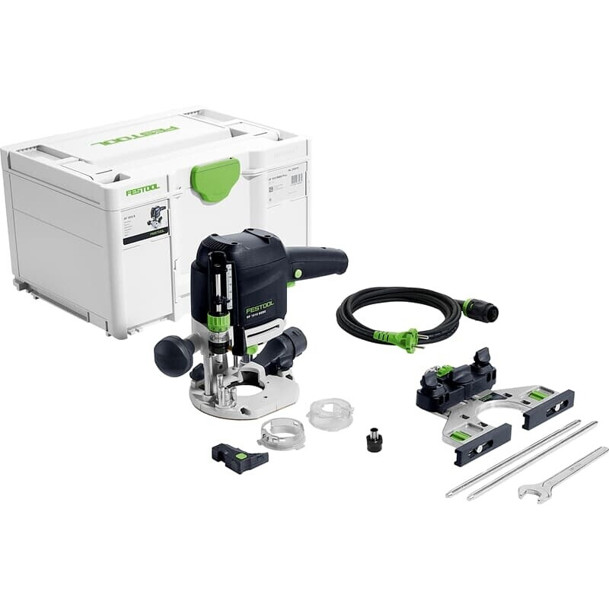The Essential Guide to Buying a Jointer Machine
When embarking on any woodworking project, accomplishing flat, smooth boards is vital. A jointer machine is a powerful tool that assists to achieve this task. For woodworking enthusiasts and specialists alike, comprehending what a jointer machine is, how it works, and the key factors to consider when buying one can significantly boost your woodworking experience.
What is a Jointer Machine?
A jointer machine is a woodworking tool that smoothens, flattens, and corrects the alignment of the edges and faces of lumber. It consists of a flat table, a spinning cutter head with several sharp blades, and a fence that guides the board through the cutting procedure. By eliminating product from the surface of the wood, a jointer brings it down to an even thickness and creates a straight edge, which is vital for joinery in furniture-making and kitchen cabinetry.
Advantages of Using a Jointer Machine
| Advantage | Description |
|---|---|
| Accuracy Cutting | Produces flat and straight surfaces for tighter joints. |
| Product Preparation | Prepares wood for additional machining processes like planing. |
| Time Efficiency | Speeds up the preparation of lumber compared to hand tools. |
| Flexibility | Can be used for different kinds of wood and joinery jobs. |
Kinds Of Jointer Machines
When thinking about the purchase of a jointer machine, it's important to know the numerous types offered on the marketplace:
Benchtop Jointers
- Description: Compact and light-weight, these are perfect for enthusiasts with minimal area.
- Pros: Affordable, portable, simple to shop.
- Cons: Smaller cutting capacity.
Floor-Standing Jointers
- Description: Larger and more powerful, appropriate for professional woodworkers.
- Pros: Greater stability, larger cutting capacity, and more robust motors.
- Cons: Higher cost, requires more shop area.
Spindle Jointers
- Description: These makers have a spindle-mounted cutter head to produce numerous profiles on the edges of wood.
- Pros: Versatile for edge profiling.
- Cons: More complex and costly than conventional jointers.
Key Considerations When Buying a Jointer Machine
Picking the ideal jointer machine for your workshop can be tough, specifically with such a range of choices offered. Here are the crucial elements to consider:
| Factor | Description |
|---|---|
| Size and Portability | Consider your office; choose a size that fits comfortably. |
| Cutting Width | Examine the maximum width of wood you will deal with. |
| Table Length | Longer tables supply better support for longer boards. |
| Motor Power | Higher horse power indicates the machine can manage harder woods. |
| Cutter Head Configuration | Search for adjustable cutter heads for versatile cuts. |
| Price | Budget plan factors to consider vary commonly; balance cost with features needed. |
| Brand name Reputation | Research study brands to make sure dependability, toughness, and customer support. |
| Service warranty and Support | Consider the service warranty period and the availability of client service. |
Where to Buy a Jointer Machine
When searching to purchase a jointer, several avenues are offered:
Local Hardware Stores
- Good for immediate purchases and hands-on experience with the tools.
Specialty Woodworking Stores
- Typically have knowledgeable staff who can assist you discover the best machine.
Online Retailers
- Sites such as Amazon, Woodcraft, or Rockler provide a large choice, typically with consumer evaluations.
Second-Hand Market
- Check platforms such as Craigslist or Facebook Marketplace for used machines at a lower price.
Regularly Asked Questions
What size jointer should I buy?
The size of the jointer machine largely depends on the type of jobs you plan to undertake. For the majority of home woodworkers, a jointer with a cutting width of 6 to 8 inches suffices. Nevertheless, experts might require jointers with larger options.
Can I use a jointer on wood?
Yes, jointers are developed to handle both softwoods and hardwoods. If utilizing dense hardwoods, guarantee the machine has a sufficient motor size for effective cutting.
How often should I change the knives on a jointer?
It is recommended to examine the condition of the knives frequently. For a lot of jobs, a modification is required after every 10-15 hours of use, depending upon the kind of wood and surface quality you expect.
Is a jointer the like a planer?
No, a jointer is primarily utilized to flatten and correct boards, while a planer brings wood down to a consistent thickness throughout its entire surface area. Both tools are typically utilized in combination to prepare lumber for projects.
Can I do edge jointing with a smaller sized jointer?
Yes, a smaller sized benchtop jointer can still carry out edge jointing successfully. Nevertheless, achieving Elektrohobel Test may require more passes, especially with broader boards.
A jointer machine is an indispensable tool for any woodworker intending to produce quality outcomes. By comprehending the different kinds of jointers, key buying elements, and the associated benefits, one can invest carefully in this essential piece of machinery. Ultimately, purchasing a jointer not only enhances performance however also significantly improves the total quality of woodworking tasks, making it a worthy addition to any workshop.
As you search various choices, show on your existing and future woodworking requires to select the jointer that finest fulfills those requirements. Delighted woodworking!

